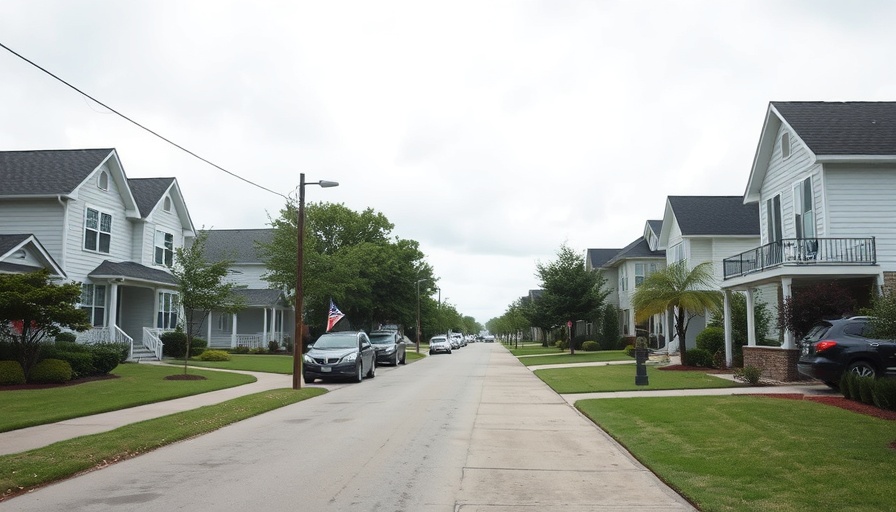
Houston Takes Steps Toward Regulating Short-Term Rentals
The Houston City Council is poised to vote on a proposal that could significantly change the landscape of short-term rentals in the city. As communities grapple with the implications of rental properties, many residents are voicing concerns about the potential impact on their neighborhoods.
Residents Raise Alarm Over Short-Term Rentals
Residents from areas such as Tanglewood have reported troubling incidents linked to short-term rentals. In their townhome complex, disturbances including noise complaints and inappropriate behavior have marred the experience of local homeowners. As one resident remarked, “We never thought we would have to deal with noisy parties and unwelcome guests in our tranquil community.” The sentiment echoes across various neighborhoods where short-term rentals are creeping into local dynamics, prompting calls for regulation.
Understanding the Push for Regulation
Proponents of the ordinance argue that regulation is essential to preserving neighborhood integrity. “Short-term rentals can contribute to the local economy,” said a city official, “but without rules, they can also disrupt the peace that residents deserve.” Given the growing popularity of platforms like Airbnb and Vrbo for temporary lodging, many cities across the U.S. have moved forward with regulations to manage this burgeoning industry. Cities like San Francisco and New York have established laws to balance the benefits of tourism and the needs of residents, setting a precedent that Houston might look to emulate.
The Business Perspective: Short-Term Rentals and Local Economy
While residents have valid concerns, it's important to understand the economic relevance of short-term rentals. Local businesses often benefit from the influx of tourists, which can boost hospitality revenues and increase the demand for local services. According to a report by the American Hotel and Lodging Association, short-term rentals contributed approximately $57 billion to the U.S. economy last year alone, highlighting their role in sustaining local economies. Nonetheless, unregulated rentals can lead to competition with traditional hospitality services, complicating the business landscape.
Counterarguments to Stringent Regulations
Critics of the proposed regulations argue that excessive governmental control could stifle entrepreneurship and discourage homeowners from entering the rental market. “For many, short-term rentals are a way to subsidize mortgage payments or support their families,” stated a local property owner. The real challenge for policymakers is to find a balance that allows for economic opportunity while safeguarding the interests of existing residents.
Future Predictions: What Lies Ahead for Houston?
As the ordinance awaits approval, the outcome may set a crucial precedent for other Texas cities contemplating similar legislation. If enacted, Houston could become a model for effective governance of short-term rentals, potentially inspiring other regions facing the same dilemma. However, it remains to be seen how the Council will navigate the diverse perspectives of residents and the economic implications for local businesses.
Conclusion: Take Action Now!
As the Houston City Council prepares for this pivotal vote, residents are encouraged to voice their opinions and engage with local representatives. Understanding the implications of short-term rental regulations can help forge a path that benefits both homeowners and the local economy. Now is the time to inform yourself and participate in discussions that will shape the future of our communities.
 Add Element
Add Element  Add Row
Add Row 



Write A Comment